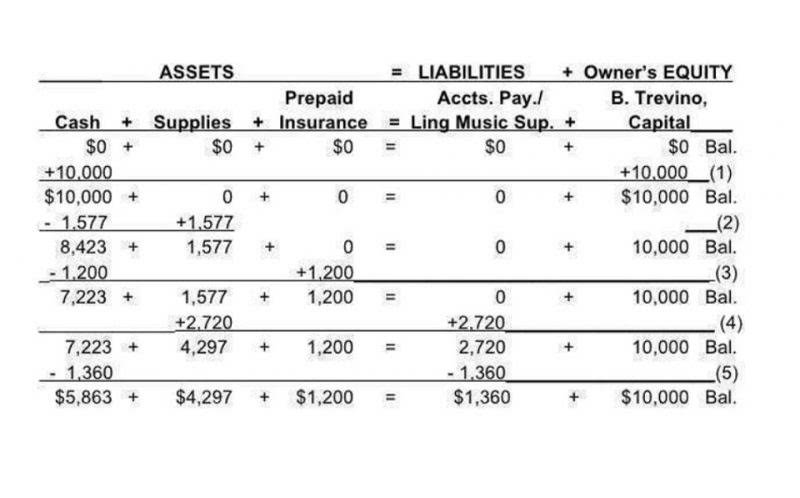Also known as third-party processors, PSPs enable a broad range of payment options in an all-in-one solution. They typically offer immediate account approval with no long-term contracts, simple, flat-rate processing fees and fully integrated software, POS systems and hardware. PSPs implement multiple layers of security, starting with mandatory PCI DSS compliance to protect sensitive card data.
Take compliance into account
- This enhances conversions, reduces cart abandonment, and boosts customer satisfaction.
- There are some PSPs who offer real-time reporting features, but these can be more expensive.
- If your business aligns with those listed in the PSP alternatives above, you may find a better deal with these types of payment services.
- This means merchants can handle an entire payment from start to finish with a single integration.
- In most cases, your payment gateway and checkout are all covered for eCommerce selling, too.
PSPs average their fees over a broad range of geographic areas, card types and business models. In contrast, merchant accounts can offer lower fees based on the risk averages of your typical sales, payment service provider type of cards processed and goods sold. Now you’ve seen all that payment service providers have to offer, but they aren’t the only option. Here are two other ways small businesses can accept credit cards, debit cards and other forms of electronic payments. PSPs streamline the integration of diverse payment methods through a unified platform. Integrating various payment options like online banking, credit cards, debit cards, and e-wallets involves significant costs and technical overhead.
- PSPs typically use a pricing model consisting of transaction fees, subscription fees, and additional costs, such as currency conversion or chargebacks.
- Here are a few scenarios in which PSP alternatives may be a more convenient or cost-effective option.
- Payment service providers work with banks, card brands, and payment platforms to help business owners accept payments.
- This information is heavily encrypted using SSL (Secure Socket Layer) encryption, ensuring only the customer can view their banking or financial information.
- Notably, the global market size for payment service providers is projected to reach USD 20.9 billion by 2028.
Choosing the Right Payment Service for Your Business

Most PSPs offer you monthly reporting features for payments and transactions made to your business. There are some PSPs who offer real-time reporting features, but these can be more expensive. A PSP wallet is a virtual account provided by a PSP that allows users to store, send, and receive money electronically. Users can safely store their payment information like credit card details or bank account numbers in the wallet. Your PSP must maintain PCI DSS certification and implement robust fraud detection tools.

Subscribe to the monthly newsletter
- However, this is only possible if the PSP works with a payment processor that is capable of processing the desired currencies.
- Traditional merchant accounts are payment services that support credit and debit card processing plus various other electronic payments.
- A Payment Service Provider is a crucial component in the payment process for e-commerce businesses.
- These integrated payment processing solutions can help businesses save time and resources.
- Join the thousands of people like you already growing their businesses and knowledge with our team of experts.
- In summary, Payment Service Providers can help you reduce integration and processing costs, accept multiple payment methods and currencies, and safely and securely facilitate your payments.
- Taking the time to thoroughly evaluate all payment acceptance options will empower businesses to accept payments for all card types all ways, improve customer satisfaction, and drive overall success.
Notably, the global market size for payment service providers is projected to reach https://www.bookstime.com/ USD 20.9 billion by 2028. They act as the liaison between the merchant and the broader payment networks, handling the complexities of routing transactions, securing data transmission, and ensuring compliance. This includes real-time communication with card issuers for authorization and settlement of each transaction. This article explains what a payment service provider is, how it works, its benefits and drawbacks, and offers guidance on how to choose the right PSP for your business.

Payment Gateway Services Offered by PSPs
- With Primer, you can use our Workflows tool to set a trigger and select the fallback processor if a payment fails.
- Look for transparent pricing models that detail payment processing costs and transaction fees, whether flat rate or a minimal percentage of the transaction amount.
- This allows you to increase authorization rates while offering a much better customer experience.
- A payment service provider (PSP) is a third-party company that facilitates the acceptance of electronic payments for online and offline businesses.
- Payment Service Providers (PSPs) link with various card and payment networks and connect to different acquiring banks for flexibility.
But at Primer, we’ve invested a lot in making our dashboards, monitors, how is sales tax calculated and platform as easy to use as possible. While 3DS enhances security by adding an extra layer of authentication, it’s not required outside these regions. In markets where 3DS isn’t mandatory, its implementation can sometimes introduce unnecessary friction, leading to higher payment failures and reduced conversion rates.